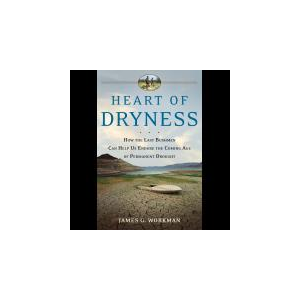The Tragedy of Ukraine: What Classical Greek Tragedy Can Teach Us About Conflict Resolution (De Gruyter Contemporary Social Sciences, 9) (Issn, 9)
The Tragedy of Ukraine argues that the conflict in Ukraine has deep domestic roots. Reconciliation will require untangling these roots and embracing a change of heart, or catharsis. Classical Greek tragedy can assist in this, because it once performed a similar therapeutic function in Athenian society.
The Story Behind This Book
I have been following events in Ukraine since 2008, when I was invited to give a talk by the National Academy of Sciences of Ukraine, and participated in a panel chaired by former Ukrainian President Leonid Kuchma. Since then, my wife and I have visited Ukraine almost every year. While there we traveled widely, fascinated by the country’s rich history and regional diversity. In 2013 I was awarded a Fulbright research award to go to Ukraine for the entire academic year. It proved to be a fateful year, with the Maidan protests beginning just three months after our arrival. My original research agenda, which was to explore the role of the Russian Orthodox Church in Ukraine, quickly fell by the wayside as I struggled to understand what was taking place around me. The most popular view then, as now, is that the country’s post-Maidan crisis is entirely the result of Russian aggression. What makes this explanation less than complete, however, is that Ukraine’s historical and cultural divisions are well established, and have been a prominent theme in scholarly writing about the country. It is hard to imagine how they could suddenly be divorced from current events. I therefore agree with Mykola Riabchuk (with whom I agree on little else) that, “the problem remains to find the essence of the Ukrainian discord that cannot be exclusively attributed to Russian subversion or even invasion.” To my mind, this means paying more, not less, attention to Ukraine’s historical and cultural diversity. I had no satisfactory framework for explaining the intensity and persistence of the country’s internal discord, however, until I stumbled upon Richard Ned Lebow’s book, The Tragic Vision of Politics. In it, I recognized processes comparable to those I had witnessed in Ukraine – passionate nationalism and revolutionary zeal, followed by the repudiation of sound policy options and the rise of social tensions. Lebow’s classic work focuses on international relations, but I felt confident that approaching Ukrainian society through the lens of classical Greek tragedy would reveal many of the same underlying social pathologies. Further study of classical Greek tragedy led me to the conclusion that a tragic political cycle can manifest itself in a number of different ways. Social decline, for example, is often foreshadowed by the increasing shrillness of domestic political discourse and the demonization of one’s domestic opponents. Another prominent feature is the rise of nationalism, which can itself become a form of collective psychosis. But despite classical Greek tragedy’s value for gaining insight into the emotional roots of conflict, modern political science seems to have entirely forgotten that its most important function was to heal society and to reconcile former enemies; in other words to assist in conflict resolution. This provided me with the missing piece of the puzzle. The essence of the Ukrainian discord, to use Riabchuk’s felicitous phrase, lay in the state’s reluctance to recognize the Other Ukraine – the third of the population that regards its own Russian cultural identity as compatible with a Ukrainian civic identity – as a legitimate part of the Ukrainian nation. Today’s tragic events thus form part of a much larger tragic cycle that has befuddled Ukrainian political elites for over a century. This cycle is fed by the destructive narratives that one side tells about the other, which then legitimize conflict in the name of achieving justice. Trapped by their insistence on correcting the injustices of the past before engaging in dialogue, both sides have unwittingly contributed to the perpetuation of their mutual tragedy. My discussion of the role that tragedy has played in Ukraine’s social discord, and the role that it can play in its healing, proceeds as follows. Chapter One reminds readers of the unique social and therapeutic impact of tragedy during the heyday of Athenian democracy – the fifth century BCE. After describing how tragedy sought to transform Athenians into better and more compassionate citizens, it explores why modern political science abandoned tragedy, and concludes by suggesting that a tragic vision of politics has untapped potential for healing Ukraine. Chapter Two delves deeply into the recurring cycle of Ukrainian tragedy, showing how it is linked to nationalism. It describes several key historical narratives that divide eastern and western Ukraine, and how they are still being used today to manipulate political and social discourse in Ukraine. Chapter Three explores the appeal of Far Right nationalism in Ukraine, which rests on its claim that only nationalism can guarantee national unity. I describe how the mainstreaming of the Far Right after 2014 has instead intensified the social conflict between eastern and western Ukraine, and suggest that republican patriotism, which has its origins in a very different sense of community from nationalism, might be more effective for achieving national unity. Chapter Four describes the concrete damage that nationalism has done in such areas of national policy as healthcare, economics, culture, and religion, while Chapter Five looks at the impact that nationalism has had on Ukraine’s geopolitical and security interests. I argue that, while the territorial loss of Crimea and parts of Donbass were due to Russia’s military intervention, its psychological origins can be traced to three decades of nationalist policies that alienated the local population. In the final chapter I review efforts to bring peace to Ukraine. These fall into two broad categories: external efforts, like the Minsk Accords, and internal efforts, like the National Platform for Reconciliation and Unity. Both failed to achieve peace because they did not include any mechanisms for fostering social healing among Ukrainians themselves. I suggest that a Ukrainian Truth and Reconciliation Commission could provide such mechanisms. Russia’s 2022 invasion began just as I was putting the finishing touches on the final chapter. It confirmed some parts of my analysis, while forcing me to reevaluate others. Most importantly, it confirmed my view of politics as a tragic cycle propelled by mutual fear and the loss of the ability to communicate. This suggests to me that no matter how the military conflict is resolved, it will not bring an end to Ukraine’s tragic cycle unless the country’s elites also recognize how their own actions are contributing to its perpetuation. Recurring conflict is as much a problem of the heart, as it is of institutions, and the enduring value of classical Greek tragedy is that it seeks to induce a change of heart, a catharsis. Oedipus was blinded by his anger long before he laid hands upon himself, and only began to see truly when he lost his outward sight, and was forced to look inward. It is my hope that by drawing attention to the tragic cycle that entangles them, more Ukrainians will be encouraged to look inward. That is where they will find the compassion and forgiveness needed for reconciliation.

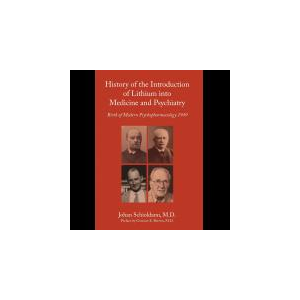





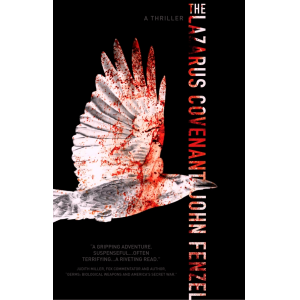
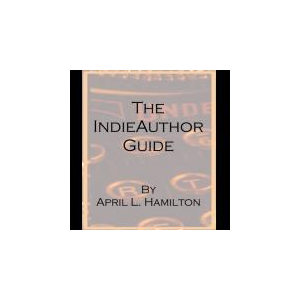
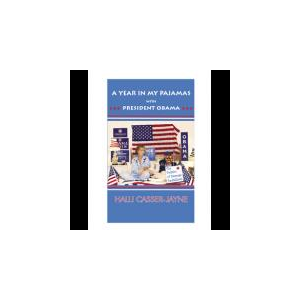
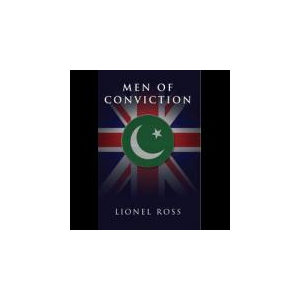



![The End Times Passover [Etymological Challenges to Millenarian Doctrines]](https://d3vm9ajvvas0k9.cloudfront.net/cdn/img/meta/books/300/6b93b5a27c432f85491a6d758e88a03d.jpg)
